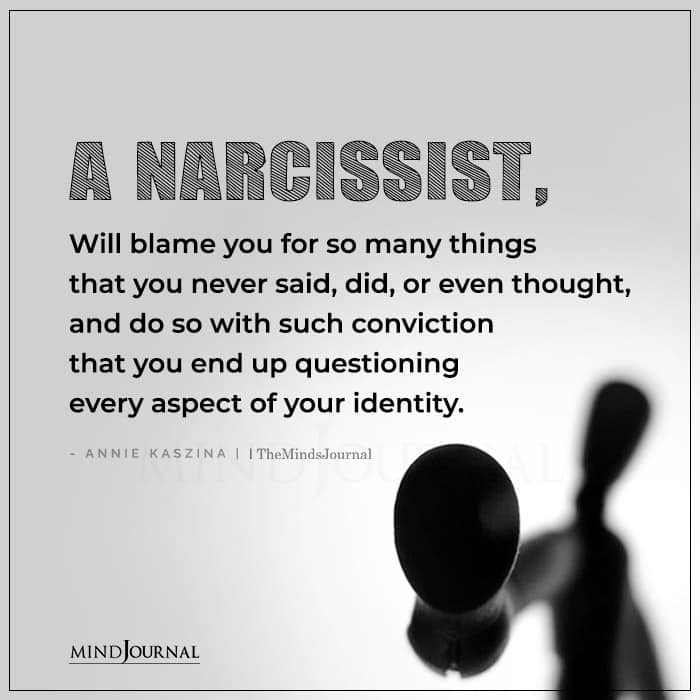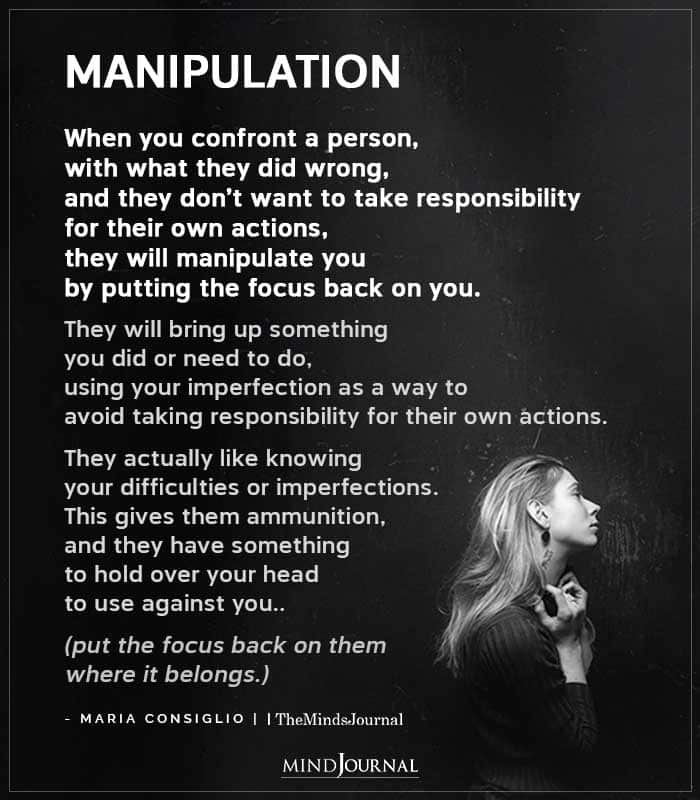Are you constantly fighting with a sociopath? Is the toxicity of the relationship making you feel disgusted and broken?
Emotional abuse is a part of life with a narcissistic user.
This is what life is if we’re ensnared by them.
Emotional abuse comes in many flavors. It always comes along with entanglement with a narcissistic user, the predatory sociopath. When a normal person and a sociopath mix, the collision of the normal human brain, and the person with the brain of a pathological sociopath in their head, is inevitable harm to the normal person. And sickeningly, it’s absolute run-of-the-mill, just another day to the sociopath.
There’s nothing else going on in a love scam with a pathological user other than us being used. They need to keep abreast of where we are so we don’t surprise them and catch them red-handed. They want all the money for themselves. They don’t care about what concerns us.
Emotional Abuse and Sociopathic Users are a Package Deal
Once we’re involved and in love, the inevitable fallout of the mix of a normal human and a sociopath is a shock and harm to us… and nothing new, and not at all hurtful for them.
This mind-bending, confusing, collision of a sociopath and a normal person can make us think there’s something wrong with us. There is not. There’s something very, very wrong with a sociopath.

Emotional Abuse Signifies This is Not an Ordinary Relationship.
As normal, gorgeous humans, we think we’re in a real relationship. Naturally, we do what normal people do in real relationships. The sociopath does not. Their odd behavior, unresponsiveness, and sometimes outright meanness trips us up – we try, we try to make things better: as anyone would in a relationship.
In the beginning, a sociopath gauges what matters to us. They fulfill that. As the weeks go by, they discern what we won’t tolerate or forgive, what will keep us trusting, even when they become neglectful or mean. They innately know, or simply guess until they get it right and discover which behavior of theirs will bend us to their will most effectively.
Read 8 What Is Emotional Abuse? 10 Signs You’re Being Emotionally Abused
Crimes Rather Than Relationships
In reality, we’ve been hijacked, kidnapped without realizing it. We’re not with a normal person, sociopaths have abnormal brains. As a sociopath goes about their day in the world they present a false self, even the barista or car wash attendant isn’t seeing a real person.
Normal Relationships are Mutual
We try to keep things harmonious, humans need harmony within their lives and relationships. If both people were normal, both people would contribute to harmony within the relationship, this is not the case with a sociopath.
While we pitch-in and spend a lot of effort self-reflecting, wondering if “it’s our fault,” and trying to make things right, work out the kinks, adjust our perception of what a relationship – this relationship – should be, and continue to relationship-build, it takes a while to notice, we’re doing it alone.
We don’t get anywhere trying to make things good. There’s always a particular moment when it hit’s us: something is very wrong here, and normal isn’t working to fix it… because they aren’t normal.
They lead us to feeling convinced we did something to make it happen, or that it didn’t happen, or they ignore us.
Read 10 Signs He Is Playing Toxic Mind Games With You
Sociopath’s Minds Collide with Ours
Hooked-in, we’re in a kind of “hypnosis” in a cloud of confusion. As the good stuff and whirlwind beginnings wear off and the crazy begins we’re twirling on a merry-go-round emotionally.
We discover if we question them about specific unpleasant or odd things they’ve done, the sociopath gets mad. They lead us to feel convinced we did something to make it happen, or that it didn’t happen, or they ignore us.
A sociopath wants us kept locked in their spell, they know that an emotional reaction from us is a sign we’re “still in”. They truly do not care what emotions make our stay.
Narcissistic users bent on coercive control to attain their personal gains show rage and even violent behavior if he or she thinks they’re losing their grip on getting the things they want. They like to keep what they take. Though not all sociopaths use physical violence within every predator/prey circumstance, some are incredibly violent.
Normal and Chaos or Trouble Make Us Bond More Deeply
Being in love with a sociopath isn’t a casual connection. We’re deeply all-the-way in. We want the fairy tale to stay perfect. We hang on tenaciously even as we feel it shifting under our feet. We’re worried about connecting on a deeper level, maybe going to counseling together.
Concern about maintaining a home, paying bills, not wanting to break-up a family or fearing for our own future all keep us “in”. The things that string us along are subtle and hard to grab a hold of; sociopaths trap us in ordinary conversation by activating our normal emotional responses.
As decent, normal human beings when someone talks we feel we’re meant to listen. When someone asks a question we’re socially, culturally and innately programmed to give an answer. Never diminish the complete wrongness of any abuse. – Sociopaths are naturals at it because they don’t value us, or care for us. There’s no human connection.
Read 8 Evasion Tactics Narcissists Use To Stop You From Questioning Them
Narcissistic Users, Sociopaths Don’t Care Which Emotion Hooks Us
Our response to their actions is a sign we’re hooked. That’s all they need.
1. Emotional Distractions:
– Humiliating us.
– Laughing at us.
– Putting us down.
– Calling us names.
– Making us feel guilty.
– Diminishing our feelings.
– Making us think we’re crazy.
– The silent treatment, ignoring us.
– Taking things, plans or privileges away.
– Treating us very well (only) in front of other people.
– Accusing and blaming us for things going wrong or failing.
– Comparing us to their last girlfriend or wife, who did things better.
2. Intimidation and Isolation:
– Making us afraid by using looks or gestures.
– Slamming doors, breaking things, throwing things.
– Yelling, scolding, ordering or driving us to do or not do something.
– Talking about killing and violence. Displaying weapons or physical force in any way.
– Telling us who our friends can be.
– Trying to keep us from family members.
– Creating an “us” and “them” existence.
– Acting jealous of our time, people we see.
– Using his jealousy to justify control of us.
– Manipulating where we go, when we must be home.
– Rules about or insinuating when we should or shouldn’t go out.
– Controlling anything: what we read, watch, social media, phone time.
– Avoiding meeting or seeing our family. Keeping us from their family.
– Having friends they won’t let us meet, places they won’t let us go with them.
– Having a friend who is held up as having the authority of opinion about our relationship.

3. Minimizing, Denying and Blaming:
– Belittling our ideas, feelings, opinions.
– Denying that things important to us, matter.
– Dismissing or ignoring or making fun of or being angered at what’s important to us.
– Setting us up to think everything is our fault.
– (Faking) illness to keep from talking about our concerns.
– Insulting how we take care of the home, kids or spend our time.
– Telling us it’s our fault they’re mean, or that things are going wrong.
– Using intimidation or belittling to keep us quiet about what concerns us.
Read Why Do Narcissists Behave The Way They Do
4. Coercion and Threats:
– Threatening to commit suicide.
– Threats to report us to authorities.
– Making us drop charges against them.
– Sociopaths pretend illness to control us.
– Making or carrying out threats to harm, hurt or leave us.
– Telling us we get something only if we do something specific.
– Coercing us or charming us to do illegal or reprehensible things.
“Do not look for healing at the feet of those who broke.”
5. Financial Monitoring:
– Taking our money.
– Making us ask for money.
– Putting us on an allowance.
– Commenting negatively and criticizing us for what we spend money on.
– Taking credit cards beyond the limit.
– Opening new credit cards: coercing us to open them or doing it secretly.
– Their money and its source are a mystery.
– Borrowing money from us and not paying it back.
– Taking out loans or borrowing money we don’t know about.
– Keeping credit cards or accounts secretly.
– Keeping income or access to family income from us.
– Use outbursts of rage to keep us from talking or questioning them about money.
Read 3 Rare Things They Don’t Tell You About Psychopaths
6. Male Privilege and Cultural Advantage:
– Treating us like a servant. – Even in jest.
– Behaving like the King or Master of the castle.
– Making big decisions, family decisions without us.
– Using beliefs about how women should behave to control us.
– Defining men’s and women’s roles or husband and wife roles as he demands.
7. Female Privilege and Cultural Advantage:
– If you were a real man you would…
– Threatening domestic abuse charges.
– Staging domestic violence.
– I’m a woman, so you need to: support me, take care of me, take care of the baby.
8. Sexual Abuse and Emotional Manipulation:
– Bargaining with sex.
– Forcing us to be sexual with them.
– Don’t tell us about their venereal diseases.
– Belittling us for wanting sexual intimacy.
– Refusing us physical intimacy under any pretext.
– Having affairs. Having wives. Having kids. All secret. Or mostly secret.

Pathological Predators Use Our Emotions for Their Gain
They lie about all thing, always hiding what they really are. Every moment of their life is a lie. Everyone they know is someone they’re scamming. They aren’t a real person, not even to the barista or the car wash attendant. The sociopath is constantly putting on a presentation. When we stop believing them – there’s no one there.
Are you being emotionally abused?
Written By Jennifer Smith Originally Appeared On Truelovescam Republished with permission












Leave a Reply